Daily: Kosovo is paradise for crime and smuggling
The bulk of criminal activities in Kosovo and Metohija takes place within "family clans" which control different parts of the territory, writes Politika daily:
Sunday, 31.07.2011.
16:00

The bulk of criminal activities in Kosovo and Metohija takes place within "family clans" which control different parts of the territory, writes Politika daily: Kosovo Albanian PM Hashim Thaci described the sending of special police units to administrative posts of Jarinje and Brnjal as a "demonstration of law and order". Daily: Kosovo is paradise for crime and smuggling He further explained that the decision came because he could not "indefinitely tolerate for one part of the country to be a black hole," as well as that this was "a clear sign of determination to fight crime, illegal trade and corruption." However, it is well-known, abroad as well, that the exact opposite is true - that the hot bed of crime is south of the Ibar River, which has been repeatedly referred to as "gangster paradise" in western media reports. It is also well known that the Serbian MUP does not have jurisdiction in Kosovo and Metohija, and that cooperation with international forces when it comes to fighting crime and corruption is on a low level - practically non-existent. Criminal activities, their origins and development in the southern Serb province are testified about - among other documents of the government of Serbia - in the so-called white book on organized crime in Kosovo and Metohija, and in reports of foreign intelligence services and police forces. American anti-drug agency DEA named Albanians from Kosovo as the second most important group of narcotics smugglers in the world market. Out of the total amount of drugs that reach the European market, as much as 65 percent goes through Kosovo and Metohija, while ethnic Albanians control more than 80 percent of the heroin trade. The Serbian government data shows that one of the routes used to transfer drugs from Turkey to Italy, and then to western Europe goes via Tropoja, Durres and Valona in Albania. Certain amounts of heroin and cocaine are also processed in Albanian labs and transported to the villages of Luzane, Muhovac and Veliki Trnovac in southern Serba, and also to Montenegro, to then be distributed toward Europe. According to the Serbian government data, the bulk of criminal activities in Kosovo takes place within "family clans" - known as "fis" in Albanian - which control different parts of the territory. They are tightly connected to similar crime groups from European countries, above all from Turkey, Albania and Bulgaria, since main smuggling routes go through those countries. When it comes to organized crime, the territory of Kosovo and Metohija is divided into three areas, controlled by some leaders of the former so-called Kosovo Liberation Army (KLA), who are now political officials. The first is Drenica, along the roads that connect the territory of Montenegro with Macedonia, via Prizren, Klina, Istok, and toward Kosovska Mitrovica. This area is controlled by the Thaci family, who are involved in illegal arms running, stolen vehicles, people trafficking, and trade in excise goods - mostly cigarettes and fuel. They are also connected to Albanian, Macedonia, Bulgarian and Czech mafias. The second are is Dukadjin, in the territories of Pec, Decani and Djakovica, where the so-called Metohija Group is active, headed by the Haradinaj family. They are involved in gun running, trade in drugs and excise goods, stolen vehicles and racketeering. The stolen goods are distributed via Pec-Kula-Rozaje, to Macedonia, southern Serbia and the Raska District. The third area is Laba and it encompasses the municipalities of Gnjilane, Vitina and Kacanik. Here a group loyal to Rustem Mustafa, aka Remi, is active. Mustafa is one of the most influential commanders of the former KLA, while his group smuggles narcotics.
Daily: Kosovo is paradise for crime and smuggling
He further explained that the decision came because he could not "indefinitely tolerate for one part of the country to be a black hole," as well as that this was "a clear sign of determination to fight crime, illegal trade and corruption."However, it is well-known, abroad as well, that the exact opposite is true - that the hot bed of crime is south of the Ibar River, which has been repeatedly referred to as "gangster paradise" in western media reports.
It is also well known that the Serbian MUP does not have jurisdiction in Kosovo and Metohija, and that cooperation with international forces when it comes to fighting crime and corruption is on a low level - practically non-existent.
Criminal activities, their origins and development in the southern Serb province are testified about - among other documents of the government of Serbia - in the so-called white book on organized crime in Kosovo and Metohija, and in reports of foreign intelligence services and police forces.
American anti-drug agency DEA named Albanians from Kosovo as the second most important group of narcotics smugglers in the world market. Out of the total amount of drugs that reach the European market, as much as 65 percent goes through Kosovo and Metohija, while ethnic Albanians control more than 80 percent of the heroin trade.
The Serbian government data shows that one of the routes used to transfer drugs from Turkey to Italy, and then to western Europe goes via Tropoja, Durres and Valona in Albania.
Certain amounts of heroin and cocaine are also processed in Albanian labs and transported to the villages of Lužane, Muhovac and Veliki Trnovac in southern Serba, and also to Montenegro, to then be distributed toward Europe.
According to the Serbian government data, the bulk of criminal activities in Kosovo takes place within "family clans" - known as "fis" in Albanian - which control different parts of the territory. They are tightly connected to similar crime groups from European countries, above all from Turkey, Albania and Bulgaria, since main smuggling routes go through those countries.
When it comes to organized crime, the territory of Kosovo and Metohija is divided into three areas, controlled by some leaders of the former so-called Kosovo Liberation Army (KLA), who are now political officials.
The first is Drenica, along the roads that connect the territory of Montenegro with Macedonia, via Prizren, Klina, Istok, and toward Kosovska Mitrovica.
This area is controlled by the Thaci family, who are involved in illegal arms running, stolen vehicles, people trafficking, and trade in excise goods - mostly cigarettes and fuel. They are also connected to Albanian, Macedonia, Bulgarian and Czech mafias.
The second are is Dukađin, in the territories of Peć, Dečani and Đakovica, where the so-called Metohija Group is active, headed by the Haradinaj family.
They are involved in gun running, trade in drugs and excise goods, stolen vehicles and racketeering. The stolen goods are distributed via Peć-Kula-Rožaje, to Macedonia, southern Serbia and the Raška District.
The third area is Laba and it encompasses the municipalities of Gnjilane, Vitina and Kačanik. Here a group loyal to Rustem Mustafa, aka Remi, is active. Mustafa is one of the most influential commanders of the former KLA, while his group smuggles narcotics.






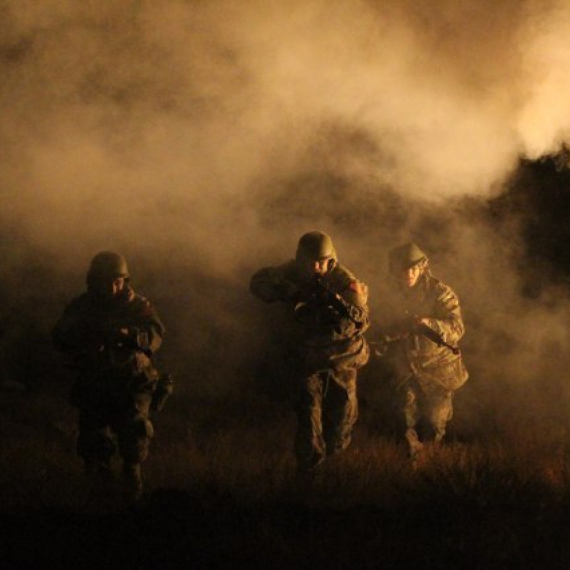





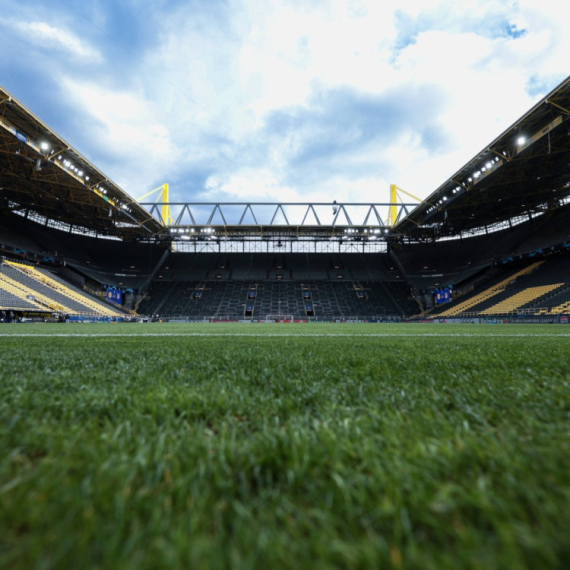

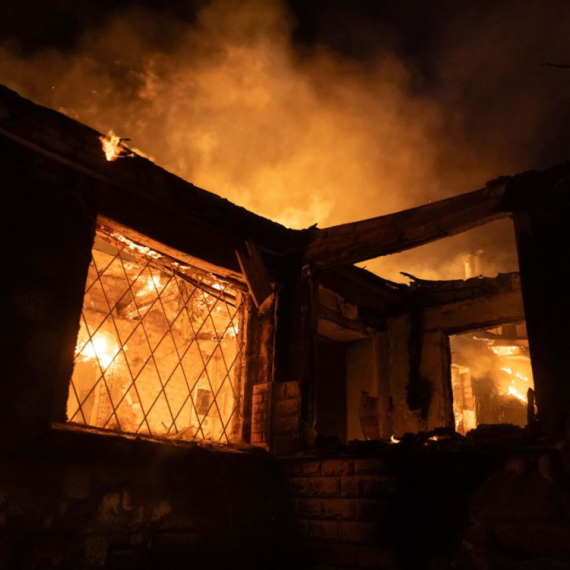
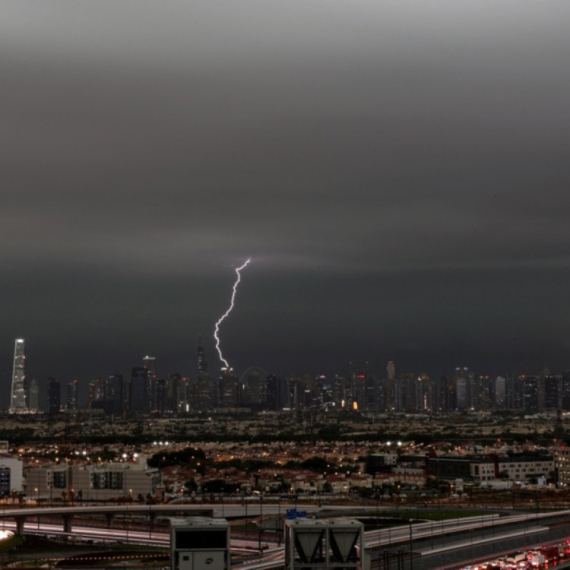
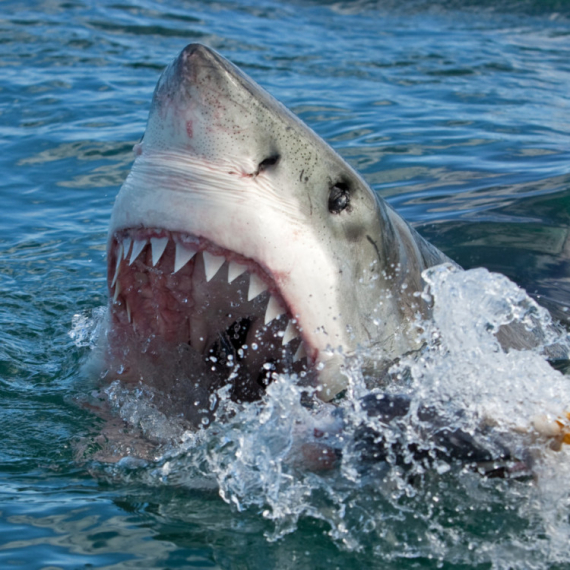
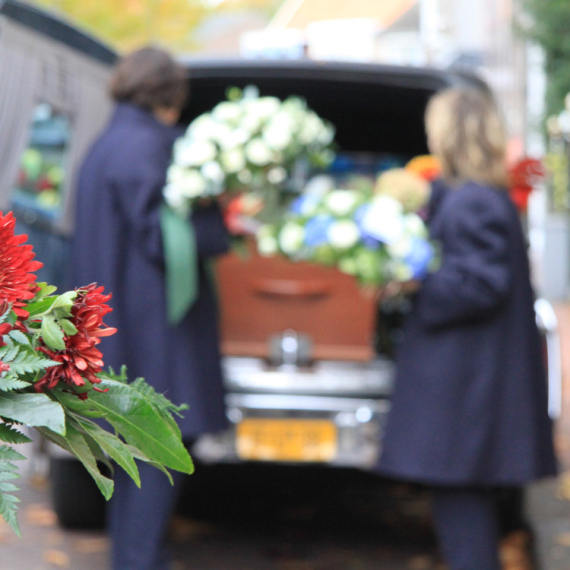

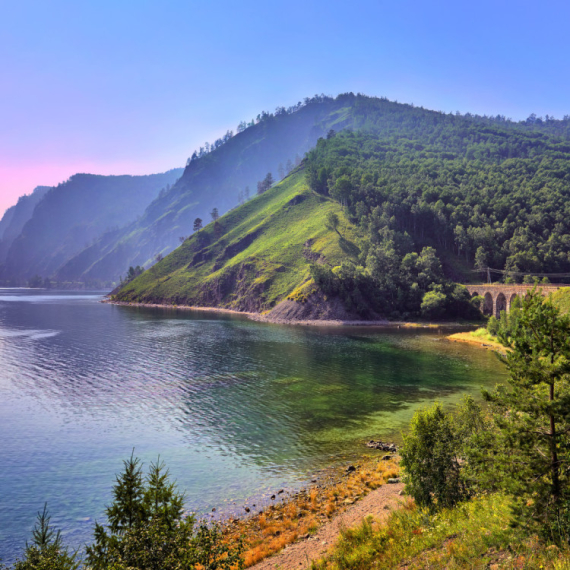
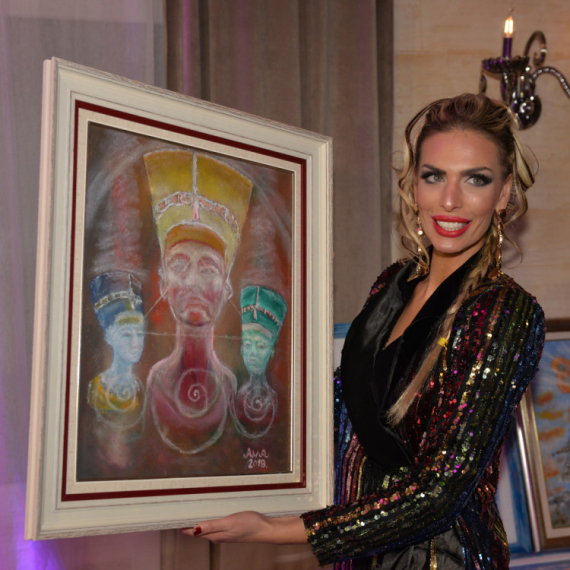


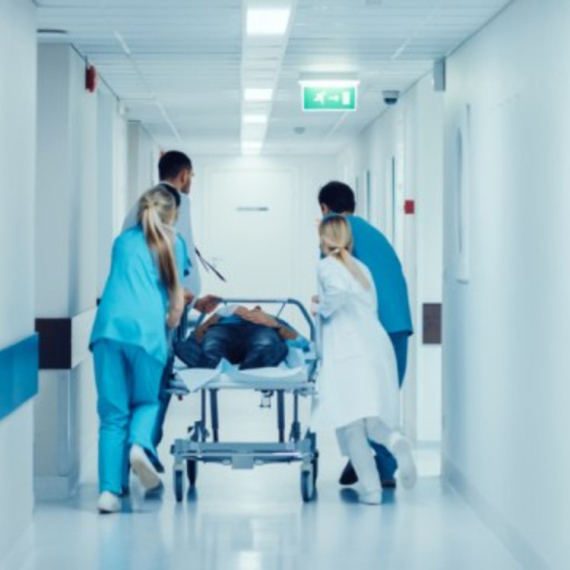















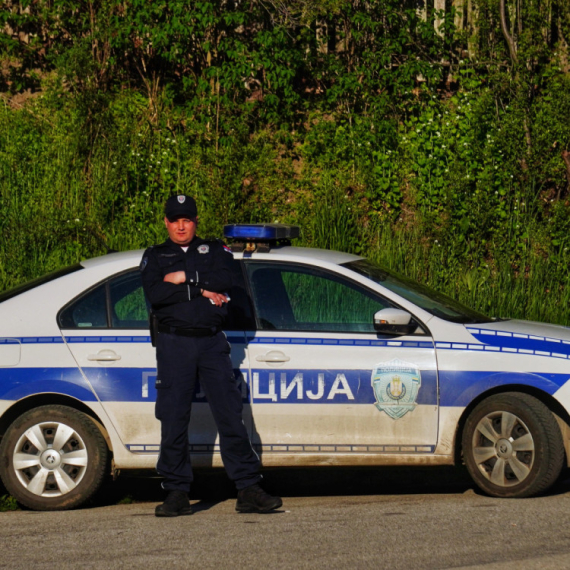





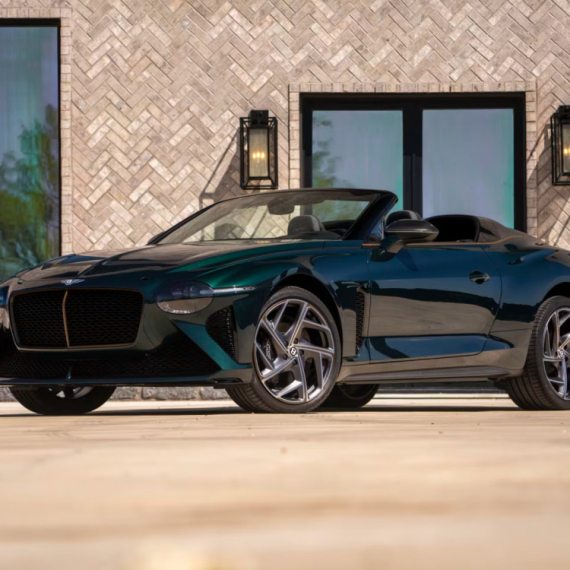
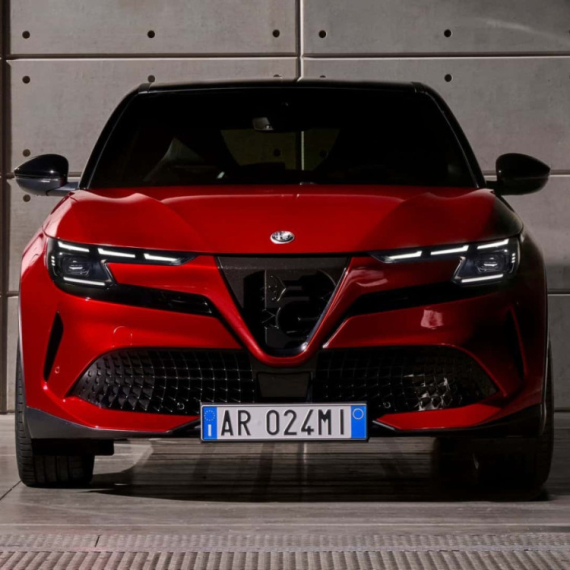

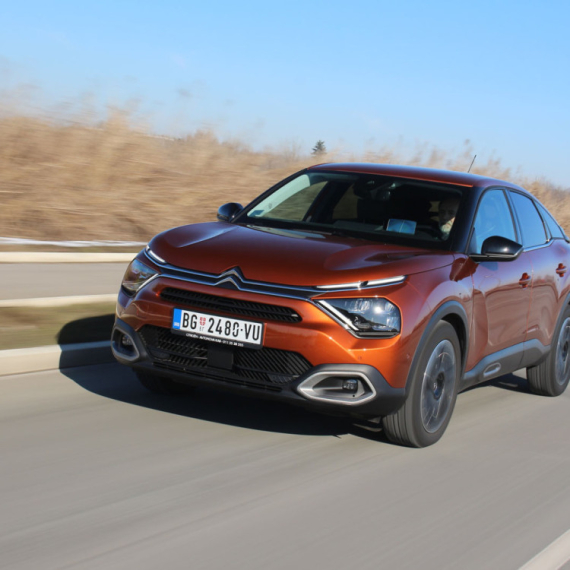

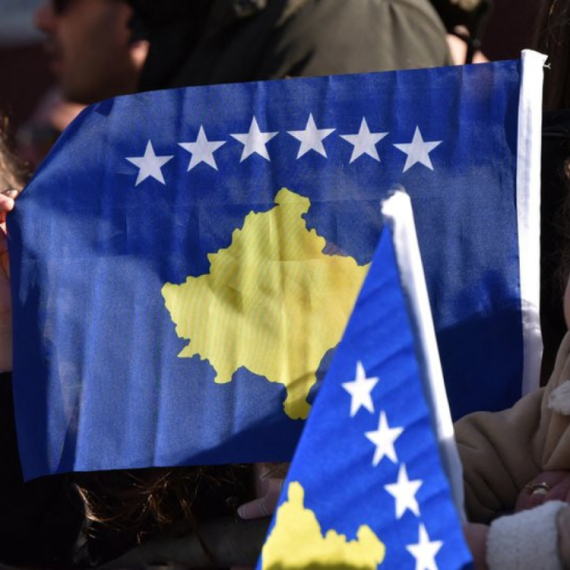





Komentari 23
Pogledaj komentare